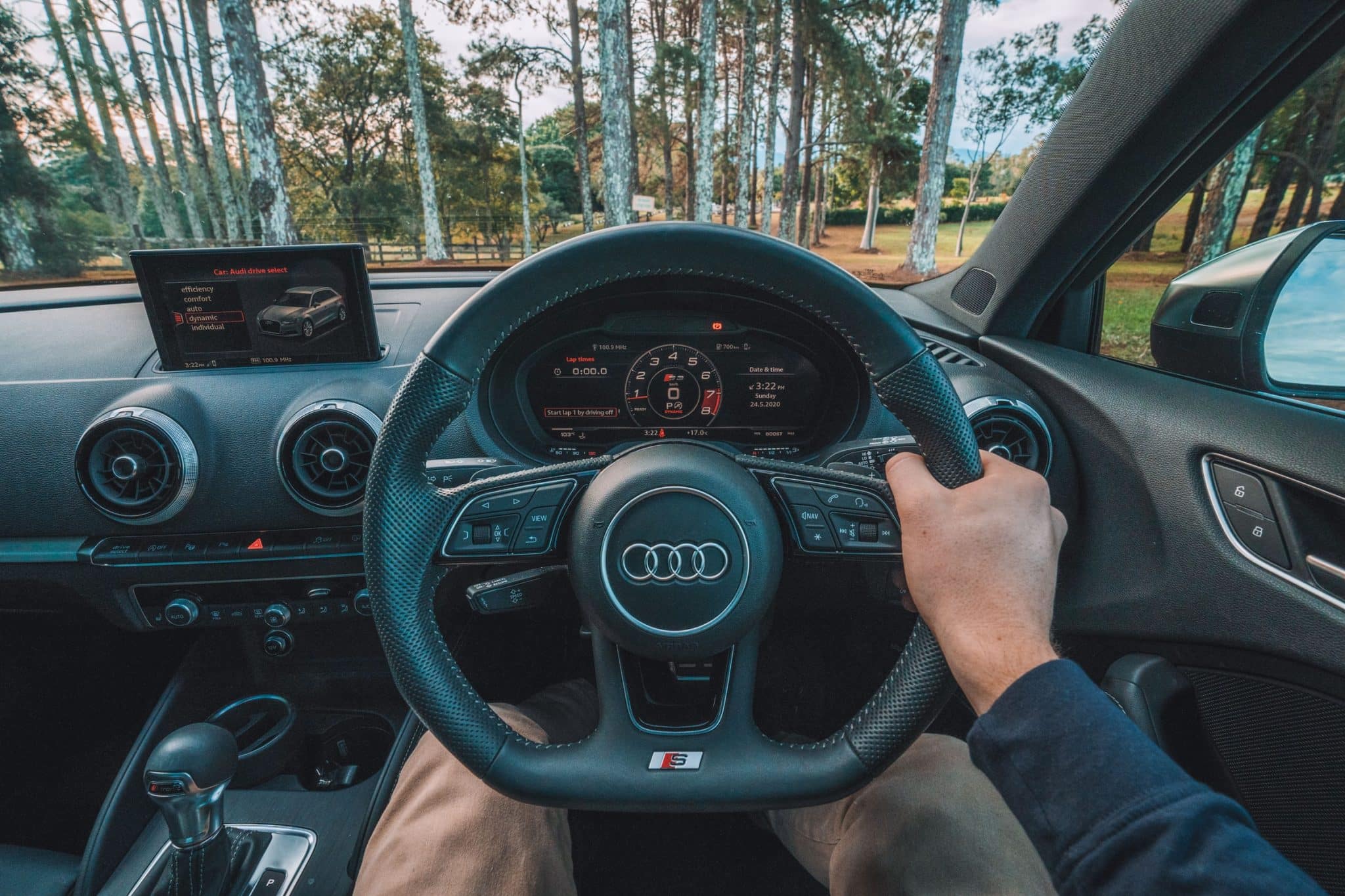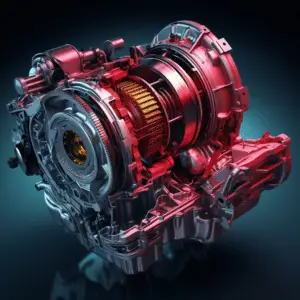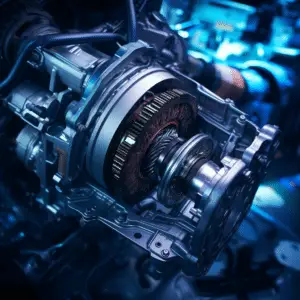
Decoding Car Jerking: Transmission Issues Unveiled
Controlling an automatic transmission vehicle on the road is easy. Automatic cars can be confusing despite their ability to work without human involvement other than fluid topping.
Transmission faults can complicate the operating system, thus most mechanics avoid them. That raises many questions, however this article will help you fully comprehend your car’s jerking issue.
How does it feel when your automobile jumps and stops working smoothly in drive? When the vehicle plunges, you prioritize your safety, then figure out why. What causes car lunging or jerking?
The transmission’s rapid gear shifts can cause your car to “jerk” or accelerate faster than usual. Reduced fluid level usually causes hard shifts. Check the fluid level more often and replenish if it’s low to keep the automobile running smoothly.
Cars leap when driven for many causes. This can be caused by reduced transmission fluid. Other causes of automobile shaking include sensor failure or misalignment, dirty transmission fluid, blocked transmission filter, worn parts, or transmission pump failure.
How Much Should I Be Worried If My Car Jerks When I Put It In Drive?
Whichever source that makes your car to jump, it’s a serious matter, and you should not ignore it for long. Doing so might leave you one day stranded by the roadside in the middle of nowhere.
If your car feels jerky and jumpy, it’s typically a transmission problem giving the gears a tough time when shifting. Currently, many vehicles have computerized systems fixed at the engines. Therefore when the jumpy feeling emerges, it can be suspected to be either due to the failure of sensors or the solenoid shifting.
If it’s the issue at transmission or the engine, please fix it. It’s pretty simple, and in most states, it doesn’t cost too much.
Potential Reasons Your Car Jump When Put In Drive

Reduced Transmission Fluid
The car transmission system uses fluid to make the entire operating system run smoothly. The right amount of fluid is paramount to ensure that it can circulate to every point to offer the required pressure or lubrication. If the transmission fluid is low, the car will find it hard to shift the gears in and out.
The hardness in shifting gears makes the car jump. Low transmission fluid might also make the entire transmission system not work. Cases of low transmission fluid are reported if the system has some leaks. The fluid shouldn’t lower quickly since the system is closed and fluid doesn’t burn up like oil.
The number one sign that will help you know when you’re losing the transmission fluid is identifying dark-red colored fluid at the vehicle’s parking lot.
Dirty Transmission Fluid
Dirty fluid affects the smooth shifting of the transmission system. For example, if the fluid has small pieces of metals or dirt, the transmission system is worn out faster, and it won’t create the right hydraulic pressure. Shifting of gears is also challenging since more energy is needed to do the job.
If your car doesn’t have fluid leaking problems, check whether the fluid is clean. If the transmission fluid is dirty, change it and note whether the issue is resolved.
Clogging of the Transmission Filter
Sometimes large particles can get engorged in the transmission filter, causing serious blockage inside the system. Unlike dirty fluids, clogging can be due to worn-outs or outside particles causing the jerky problem.
When the filter is clogged, the transmission pump tends to strain, making it wear out faster, the hydraulic pressure will also change with clogging, and the transmission function will be reduced to a lower level. If your car’s transmission filter is clogged, you don’t need to change the fluid or flash the whole transmission, especially if you have done such more recently.
You only need to hire a technician to help you remove the particles forming the clog. If the gear shifting doesn’t change after the removal of the particles, then you can opt to change the filter itself. It’s recommended that you change the filter every time you renew the transmission fluid.
Failure of the Transmission Pump
The transmission pump is located close to the filter. Therefore, if the pump starts failing, you will realize that the car will start the jumpy movements anytime you shift gift gears. Whining noise from the engine is heard as you drive if the pump is failing. The engine light might be on if the pump issue has been sensed.
There are cases in which the transmission pump will have to put in extra work once the filter is clogged. A clogged filter makes the pump fail even sooner. Compounding the problems of the transmission pump, it can be a bit expensive to fix, but don’t allow the clogged filter to be the cause of transmission pump failure.
Worn-Out Components

The transmission system’s main elements breaking is the easiest reason your car jumps when in drive. If your car is ancient, worn parts are the main source of jerky or jumpy movements.
Transmission system components from older cars don’t perform properly. They may lose shifting, alignment, or over rev. When worn parts weaken, your car’s gearbox becomes unpredictable, causing it to hop in drive.
